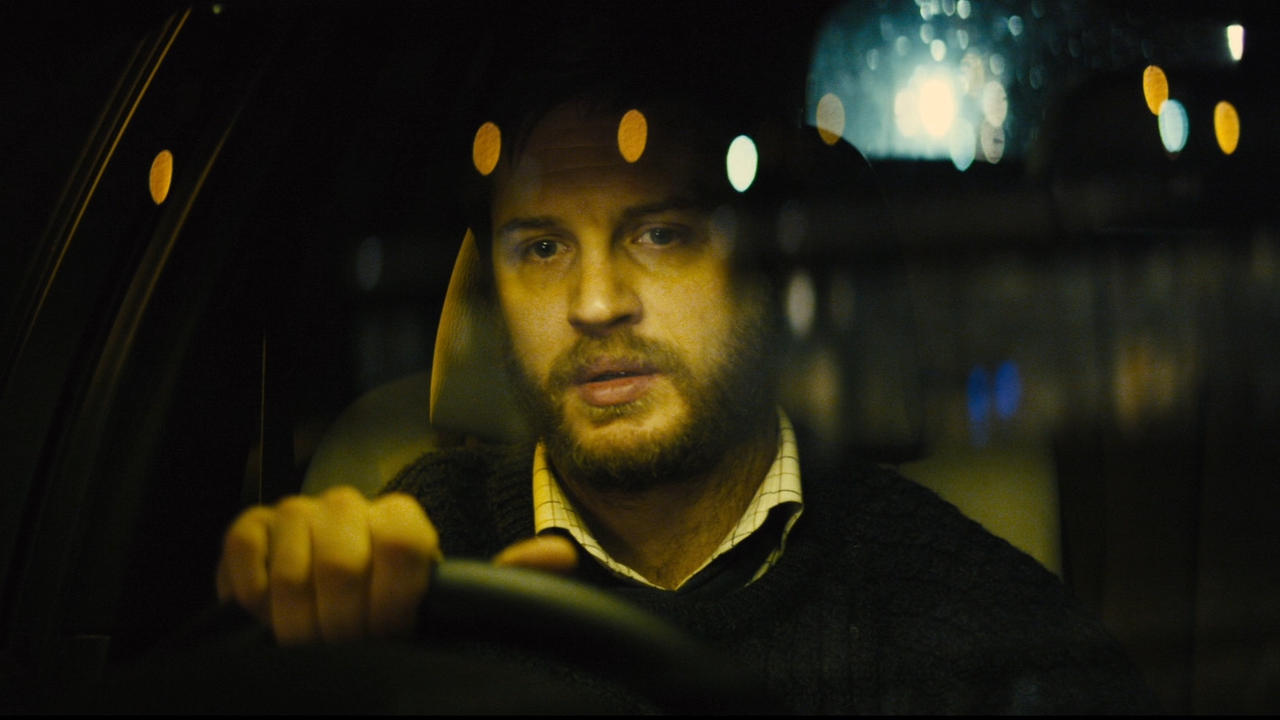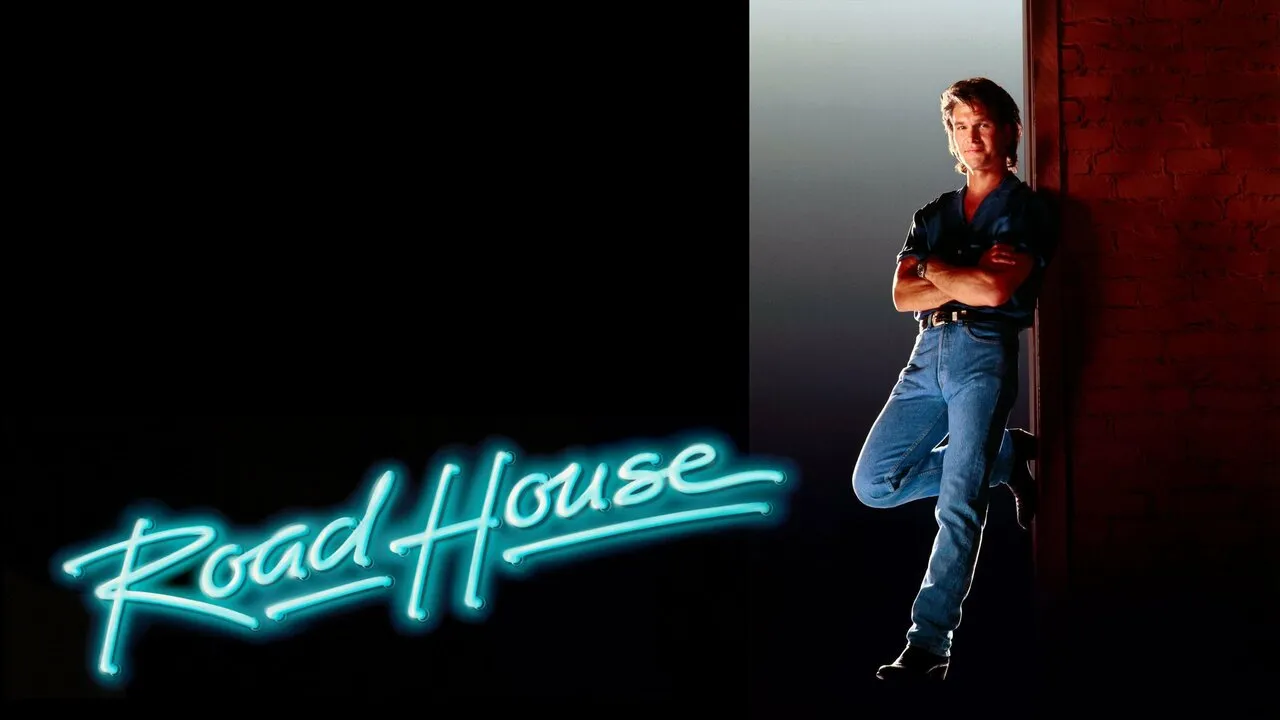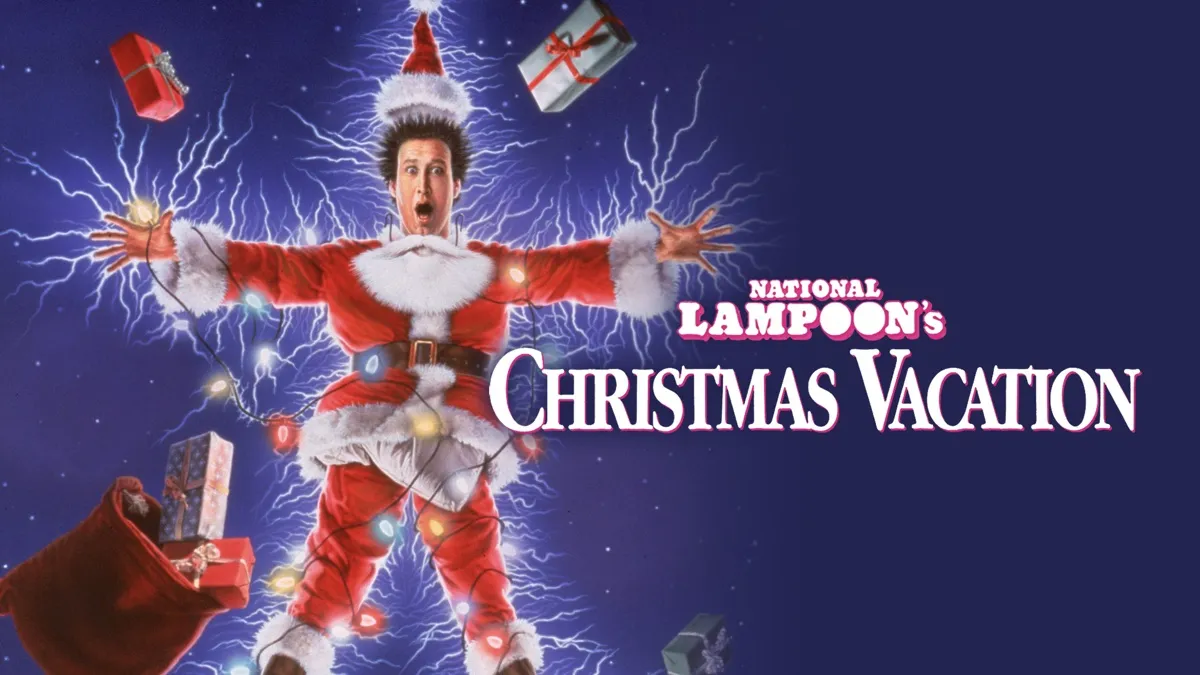In 2013, Locke arrived quietly in cinemas—but left a thunderous impression. Directed by Steven Knight and starring Tom Hardy in a career-defining solo performance, the film unfolds entirely within the confines of a BMW on the motorway. No explosions, no plot twists, no side characters on screen—just one man, his phone, and a single night that changes his life.
More than a decade later, Locke remains a masterclass in minimalist storytelling and emotional intensity. It is a gripping psychological drama that proves cinema doesn’t need scale to be powerful—just truth, tension, and a character worth following.
But what if this wasn’t the end of Ivan Locke’s story? What would a follow-up film look like? And what themes would it explore if the man behind the wheel had to face the consequences of his choices?
Locke tells the story of Ivan Locke, a highly respected construction foreman, who makes a spontaneous and devastating decision: to drive to London to be present for the premature birth of a child conceived from a one-night stand. Over the course of a single car journey, we witness Locke’s entire world unravel—he loses his job, threatens his marriage, disappoints his sons, and faces the ghosts of his past. Yet, he chooses to do what he believes is right: to take responsibility and not repeat the sins of his absent father.
Tom Hardy’s performance is nothing short of remarkable. Through Bluetooth phone calls and internal monologues, we watch a man struggling to hold his crumbling life together while navigating personal integrity, guilt, and emotional collapse. The film doesn’t rely on high drama—it builds tension through calm, rational decisions with devastating emotional consequences.

What makes Locke unforgettable is its simplicity. It is a film about moral responsibility, built not with spectacle, but with voice, silence, and headlights on a dark motorway. It challenges our definition of action—replacing guns and explosions with loyalty, courage, and human fallibility.
Though Locke ends as the baby is born and Ivan arrives at the hospital, the story leaves open a rich and painful road for further exploration. What happens to a man who chooses truth over comfort? Can he rebuild after everything falls apart?
A sequel—let’s imagine it titled Locke: Foundation—could follow Ivan one or two years later, trying to reconstruct his life from the ground up. No longer a high-ranking foreman, perhaps he’s now running a small independent construction crew, scraping together jobs and clients. He might be living alone in a modest flat, estranged from his wife Katrina, with limited contact with his sons.
Bethan, the mother of his new child, may be struggling as well, dealing with the realities of single motherhood and the pressure of co-parenting with a man she barely knows. The sequel could explore whether Locke’s sacrifice truly led to something good, or if doing the right thing always comes with irreversible consequences.
Like the original, Foundation could use a confined setting and real-time narrative structure—perhaps another car ride, this time with a very different tone. Imagine Locke driving to see his father’s funeral, or trying to catch a last chance to reconnect with his son, now a teenager who doesn’t understand why his father "abandoned" their family.
Through another night of phone calls, memories, and difficult truths, we could witness a man no longer trying to prevent collapse—but instead learning how to live inside it.
Even if a sequel never happens, Locke stands tall as one of the most original and emotionally resonant films of the last two decades. It reminded audiences and filmmakers that sometimes, all you need is a great actor, a compelling moral dilemma, and the courage to strip everything else away.

Tom Hardy’s turn as Ivan Locke is a performance that demands respect—it’s controlled yet raw, methodical yet heart-wrenching. Steven Knight’s direction and writing proved that real-time drama, when done with precision, can be just as thrilling as any action movie.
More than a story about one night, Locke is a film about the choices that define who we are. It's about what it means to take responsibility when it’s inconvenient, to stay present when it’s painful, and to face yourself when there’s nowhere else to go.
Locke is not just a film—it’s a moral meditation, a character study in motion, and a cinematic experiment that paid off in every way. If a sequel ever comes, it has fertile ground to explore how one night echoes across a lifetime. If it never does, then perhaps that’s fitting—some journeys are meant to be taken once, but remembered forever.


-1751511488-q80.webp)
